Are you looking for Ayurvedic medicine to lower blood pressure? Well, Ayurveda has some great options. Learn more about these herbs and spices that can help you get back to normal.
Blood pressure is the force exerted by blood against the walls of arteries. High blood pressure or hypertension is defined as having systolic blood pressure (the top number) greater than 140 mm Hg or diastolic blood pressure (the bottom number) greater than 90 mm Hg. This condition increases the risk of heart disease, stroke, kidney failure, and other serious health problems.
There are various ways to lower blood pressure naturally, such as through lifestyle changes and herbal supplements. These include garlic, ginger, Indian ginseng, Indian gooseberry, turmeric, cinnamon, black pepper, and cayenne pepper. Each of these ingredients contains properties that can help lower blood pressure.
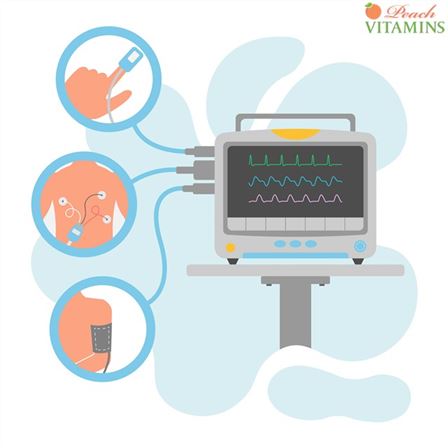
Using Ayurvedic Herbs to Control High Blood Pressure
High blood pressure (hypertension) is a major risk factor for heart disease and stroke. According to the American Heart Association, hypertension affects over 100 million Americans.
But there are natural ways to lower blood pressure naturally. One of these is using herbs and spices.
Herbs and spices contain powerful antioxidants that help prevent free radical damage to cells. Free radicals cause inflammation, which increases blood pressure.
One of the most effective herbs for lowering blood pressure is cinnamon. Cinnamon lowers blood pressure by relaxing blood vessels and reducing metabolic stress hormones.
Another herb that helps control blood pressure is ginger. Ginger contains compounds called gingerol that relax smooth muscles in the walls of blood vessels. This reduces blood pressure.
Other herbs include garlic, fennel, black pepper, and cloves. These herbs work together to reduce cholesterol levels and triglycerides, two important factors in controlling blood pressure.
Celery seed extract also works well to lower blood pressure. Celery seeds contain chemicals called apigenin and luteolin, which have been shown to decrease blood pressure.
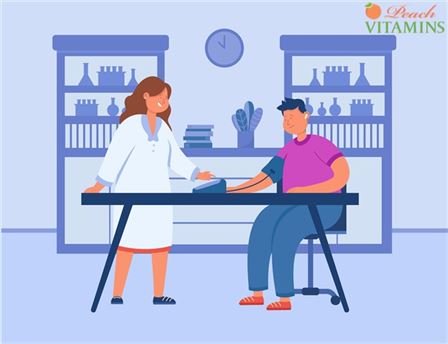
Ayurvedic Medicine Can Be Used as Preventive Medicine
Preventative medicine is the practice of taking steps to prevent illness or injury. This includes eating healthy foods, exercising regularly, getting enough sleep, and avoiding risky activities.
Ayurveda is the oldest form of preventive alternative medicine. Ayurvedic doctors believe that disease occurs when our body becomes out of balance. They use herbs, diet, lifestyle changes, and massage to help restore health.
Ayurvedic medicine can be used as preventive medicine because it helps us maintain a healthy lifestyle. It teaches us to eat well, exercise, relax, and avoid harmful habits.
High blood pressure causes damage to the heart and arteries, leading to heart attacks and strokes. But regular exercise, meditation, yoga, and a healthy diet can reduce stress and improve overall health.
What’s more, doing even more exercise than this reduces your blood pressure even further, according to the National Walkers’ Health Study (5Trusted Source
Source: (medicalnewstoday.com)
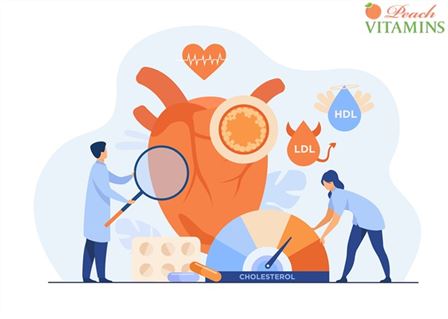
Medicinal Plants Can Treat Health Conditions
To lower blood pressure naturally, consume foods rich in antioxidants and phytochemicals. Antioxidants help protect cells from damage caused by free radicals, which are molecules that cause inflammation and contribute to cardiovascular disease. Phytochemicals are plant compounds that may reduce the risk of cancer and heart disease.
Some examples of antioxidant-rich foods include dark chocolate, blueberries, broccoli, red wine, tomatoes, apples, oranges, and green tea.
Phytochemical-rich foods include berries, beans, nuts, seeds, mushrooms, and spices. They contain substances called polyphenols, which may help prevent heart disease. Examples of phytochemicals include curcumin (turmeric), resveratrol (red wine), lycopene (tomatoes), quercetin (apples), and capsaicin (chili peppers).
If you’re looking for natural ways to lower blood pressure, consider adding some of these foods to your diet.
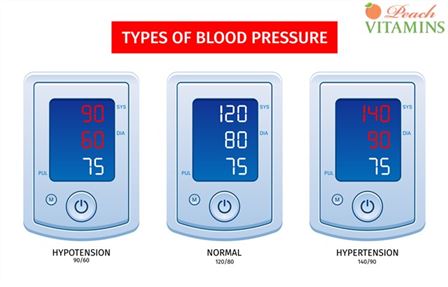
Does Ashwagandha Lower BP?
Ashwagandha is one of those herbs that we use to get rid of our stress and anxiety and increase our energy levels. It is a herb that helps us to reduce our blood pressure. The research shows that Ashwagandha lowers your blood pressure naturally with no side effects.
When you take the Ashwagandha root extract orally, it enters your system through your digestive tract. After that, it goes to your liver, where it gets metabolized. Your liver breaks down Ashwagandha and transforms it into different compounds that affect your body. One of these compounds is called Shilajit. Shilajit is a resin that contains minerals and vitamins that are good for your health.
Shilajit helps you to relax your muscles and reduces your pain. It also improves your digestion and makes your stomach healthy. Shilajit increases your immunity level and protects you against infections. It also regulates your hormones.

Does Tulsi Reduce Blood Pressure?
Tulsi is a herb that grows naturally in India. It contains several compounds, including alkaloids, flavonoids, saponins, tannins, triterpenes, and volatile oils. It is used as a medicinal plant in Ayurveda, one of the oldest medical systems in the world. In Ayurveda, Tulsi is known as ‘Holy Basil’ and is believed to purify the body and mind. The leaves are used to make herbal tea.
The best way to use Tulsi is to drink its tea. There are many studies that show that Tulsi helps reduce blood pressure.
Is Mukta Vati Good for Blood Pressure?
Mukta Vati is a traditional Indian medicine used to treat hypertension, diabetes, heart diseases, kidney stones, urinary tract infections, and other ailments. It is made from dried fruits, herbs, roots, seeds, leaves, flowers, bark, barks, and seeds of plants. In Ayurveda, Mukta Vati is prescribed as a part of panchakarma treatment.
The term “Mukta” means “free”, while “vata” means “air”. The combination of these two words indicates that this preparation helps to clear out air from the body. This is done by purifying the blood, which reduces the amount of toxins circulating in the system.
In India, Mukta vatis are prepared from many plants and herbs. Some common ingredients include ginger, black pepper, cardamom, cinnamon, cloves, coriander, fennel, garlic, ghee, honey, milk, saffron, turmeric, and watermelon.
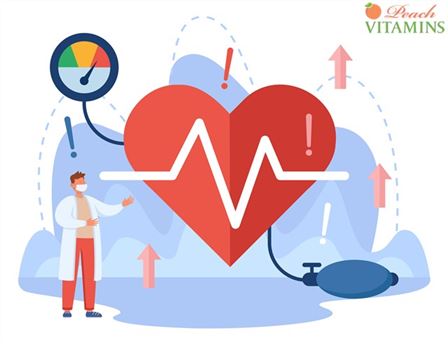
How Does Arjuna Help the Heart?
Arjuna helps the heart through its unique combination of Ayurvedic treatment herbs and modern science. It contains only natural ingredients and no preservatives, dyes, or artificial flavors. This product is made from 100% pure Ayurvedic herbs, which cleanse the body, purify blood, strengthen the immune system and improve digestion.
The key ingredient of this product is Shatavari, which is one of the most powerful herbs in Ayurveda. It cleanses the liver and kidneys, strengthens the digestive tract, boosts immunity, and increases energy levels. The second ingredient is Ashwagandha, which has been used for thousands of years to calm the mind, reduce psychological stress and increase concentration. It also supports healthy thyroid function and improves sleep quality.
Finally, Amalaki (Indian Gooseberry), a fruit native to India, is rich in antioxidants and provides many benefits for common health conditions. All three ingredients work together to provide a synergistic effect that targets multiple areas of the body.
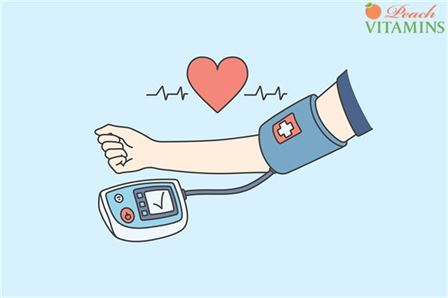
Blood Pressure Can Be Controlled With Diet
Blood pressure control through diet means controlling the amount of salt in our body. The sodium level in our body affects the fluid balance in our body. If there is too much sodium in our body, we become dehydrated. This leads to an increase in blood volume and the subsequent rise in blood pressure.
When this happens, we feel dizzy, tired, and thirsty. We also get headaches. On the contrary, if we consume less sodium, the fluid levels in our body decrease. Our blood pressure goes down. The fewer salt we eat, the lower our blood pressure becomes.
Avoid Foods That Increase Blood Sugar Levels
Blood pressure is controlled by two things: blood flow and blood volume.
If either of these factors increases, blood pressure rises. The most common cause of elevated blood pressure is too much salt in the diet.
High blood pressure causes damage to the arteries and heart. This damage leads to hardening of the arteries (atherosclerosis), which reduces blood flow to the heart and brain.
This reduced blood flow can lead to stroke, heart attack, kidney failure, blindness, and dementia.
To lower your blood pressure level, avoid foods that raise your blood sugar level. These include refined carbohydrates, processed meats, and alcohol.
Instead, eat whole grains, vegetables, fruits, beans, nuts, seeds, fish, poultry, and lean meat.
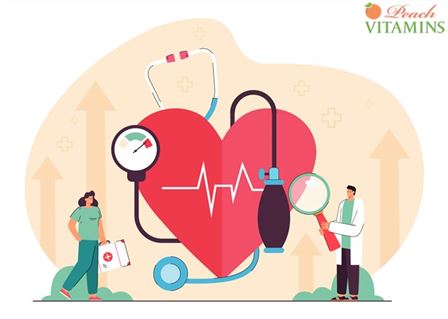
Avoid Processed Food
Processed food is not only bad for your health, but the health benefits are slim to none.So when you’re looking at ways to lower blood pressure naturally, avoid processed foods. They’re loaded with salt, preservatives, artificial ingredients, and additives.
Instead, eat whole foods like fruits, vegetables, nuts, seeds, beans, and lean meats. These foods contain no added salt, preservatives, or artificial ingredients. And because these foods are nutrient dense, they help keep your body healthy and strong.
According to a 2016 study, losing 5% of your body mass could significantly lower high blood pressure (26Trusted Source
Source: (medicalnewstoday.com)
How do I Know if I’m At Risk for Hypertension?
Hypertension is a condition where blood pressure levels are too high. High blood pressure can cause damage to your heart, brain, eyes, kidneys, and other organs. If you have been diagnosed with hypertension, there are some things you can do to help manage it.
There are two types of hypertension: primary (essential) and secondary. Primary hypertension is when the body doesn’t make enough of the hormone called renin. Renin helps control how much salt gets into the bloodstream. When the body doesn’t produce enough renin, the level of salt in the blood rises. This causes fluid retention and swelling in the legs and feet.
The most common symptoms of this type of hypertension include headaches, dizziness, fatigue, and leg pain. Secondary hypertension occurs when the kidney cannot remove excess salt from the blood. Here, the body produces too much renin, which leads to high blood pressure. Common signs of secondary hypertension include blurry vision, difficulty hearing, and nosebleeds.
The best way to determine whether you’re at risk for hypertension is to see your doctor. Your doctor will check your blood pressure several times throughout your life and keep track of any changes. He or she will also ask about your family history of high blood pressure and diabetes. You might also be asked about your lifestyle habits, including smoking, alcohol consumption, and exercise.
If you have been diagnosed with high blood pressure, talk to your healthcare provider about what steps you should take to lower your blood pressure. Treatment options include medications and diet modifications. Medications commonly used to treat high blood pressure include angiotensin receptor blockers (ARBs), beta-blockers, calcium channel blockers, diuretics, and ACE inhibitors.
Low-salt diets are recommended for people who don’t eat a lot of processed foods. A healthy diet includes fruits, vegetables, whole grains, low-fat dairy products, lean meats, fish, poultry, nuts, seeds, and oils.
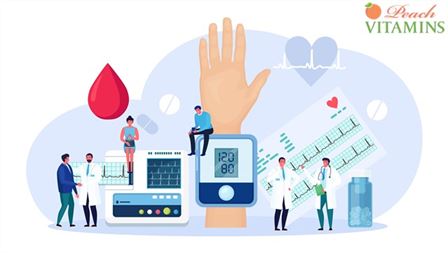
Final Thoughts
Ayurvedic medicine to lower blood pressure is one of the oldest forms of natural medicine available today. It works by balancing the three doshas within the human body. The combination of herbs, minerals, proteins, and vitamins found in Ayurvedic medicines work together to bring balance to our bodies. As a result, we experience better overall health and wellbeing.
Get your free consultation with Ayurvedic practitioner Cosmic Mike, where he will guide you through the process of getting rid of all your ailments naturally and have a higher quality of life.
